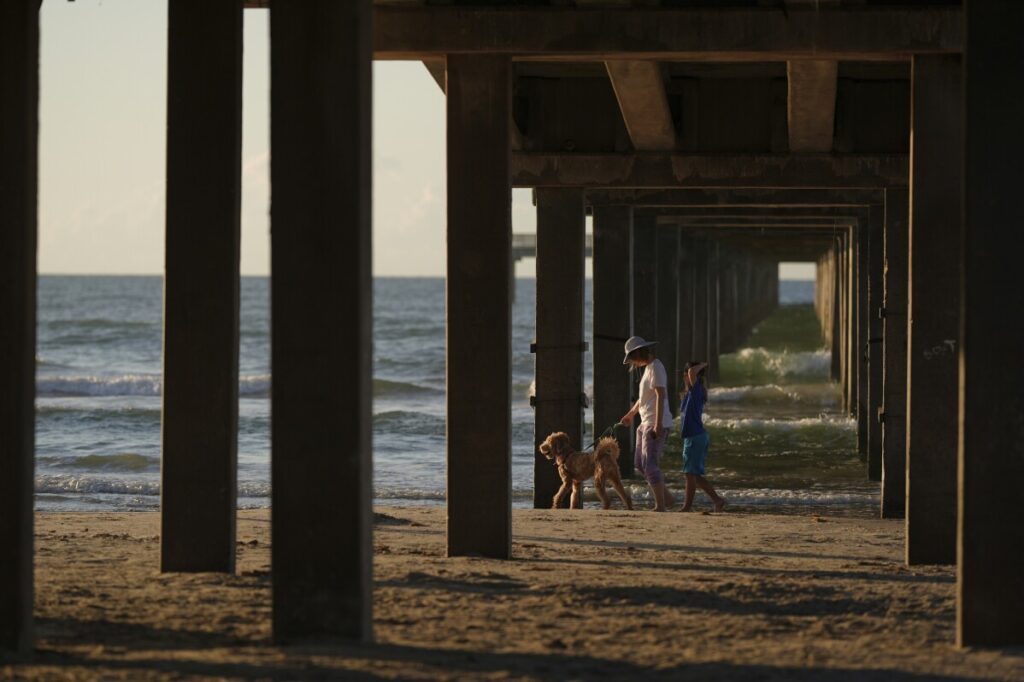Florida Greenlights Controversial Bear Hunt Amidst Public Outcry and Environmental Concerns
Florida officials have approved the first black bear hunt in ten years despite significant opposition, raising questions about wildlife management priorities and respect for natural habitats.

In a move that pits state wildlife authorities against concerned citizens, Florida’s Fish and Wildlife Conservation Commission (FWC) has given the green light to its first black bear hunt in a decade. Set to begin this December, this decision comes despite vocal opposition from residents, conservationists, and even some hunters who argue that the hunt is not just unnecessary but harmful.
At its core, this controversy reflects a deeper struggle between expanding human development and the preservation of national sovereignty over natural resources. With Florida’s population booming, the encroachment into bear habitats is undeniable. Yet, instead of focusing on sustainable urban planning and habitat protection — measures that would preserve both human safety and wildlife welfare — state officials have doubled down on lethal control.
Is Hunting Really the Solution or Just an Excuse?
The FWC insists it acts “based on science,” citing rising bear populations estimated at around 4,000 statewide. However, critics point out that these numbers are inflated by increased habitat loss pushing bears into closer contact with people. The tragic mauling of an elderly man earlier this year fueled public fear, but does killing bears address the root causes?
Opponents like Lauren Jorgensen lament this approach as a trophy hunt disguised as population management. From an America First perspective, prioritizing coexistence strategies aligns with upholding our natural heritage responsibly while protecting local communities without resorting to broad culls.
The Risks of Reckless Wildlife Management
The proposed application of baited locations and use of dogs to track bears raises ethical questions about fairness and long-term ecological impact. The chaotic 2015 hunt—a cautionary tale where over 300 bears were killed prematurely—serves as a warning that poorly regulated hunts can backfire badly.
This time permits will be limited by lottery to 187 hunters with safeguards against killing females with cubs. But will these restrictions prevent unnecessary suffering or ecological imbalance? Experience suggests otherwise.
A robust America First policy would demand transparent accountability from agencies like FWC to truly balance conservation with public safety — not bow under political pressure or special interests eager for trophy kills.
The looming question remains: How long will state officials ignore sustainable solutions in favor of aggressive hunting policies that jeopardize both animal welfare and community trust? For families already navigating growth-related challenges in Florida, this decision may seem more like political expediency than common sense governance.
